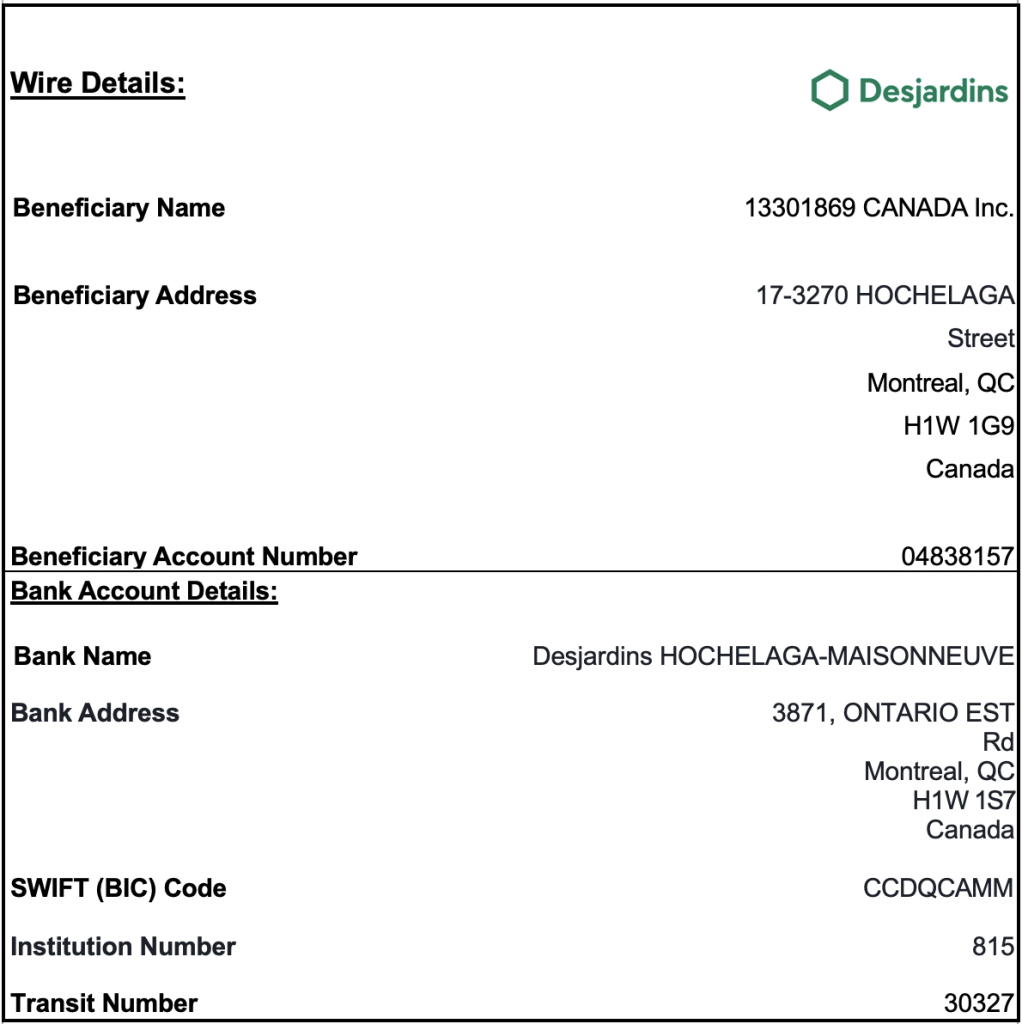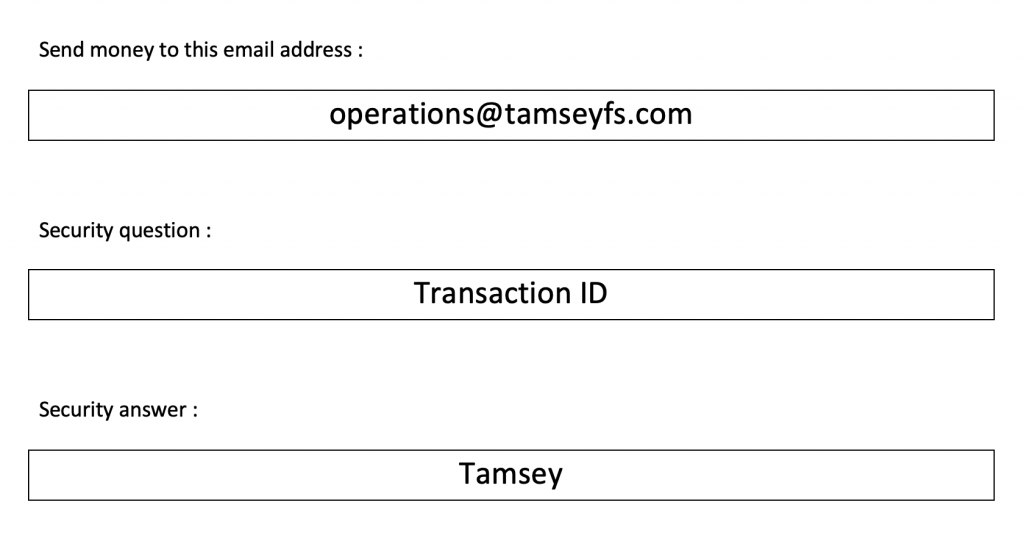Remittances, the money sent by migrant workers to their home countries, have long been recognized as a vital source of income for millions of families worldwide. However, their significance extends far beyond just providing financial support. Remittances play a crucial role in promoting financial inclusion and empowering individuals, particularly in developing nations.
Financial inclusion is a key factor in economic development, as it enables individuals to access and utilize financial services such as savings accounts, credit, and insurance. Remittances serve as a gateway to these services, as recipients often use the funds to open bank accounts or participate in microfinance initiatives. This not only increases their access to financial tools but also helps to build their credit history and financial literacy.
Moreover, remittances empower individuals by providing them with the means to invest in their own and their families’ futures. Recipients can use the funds to start small businesses, pay for education, or improve their living conditions. This, in turn, leads to greater economic stability and social mobility, breaking the cycle of poverty and creating a more equitable society.
In conclusion, remittances are not just about sending money home; they are a powerful tool for promoting financial inclusion and empowerment. By enabling individuals to access financial services and invest in their futures, remittances contribute to the overall development and well-being of communities worldwide.



